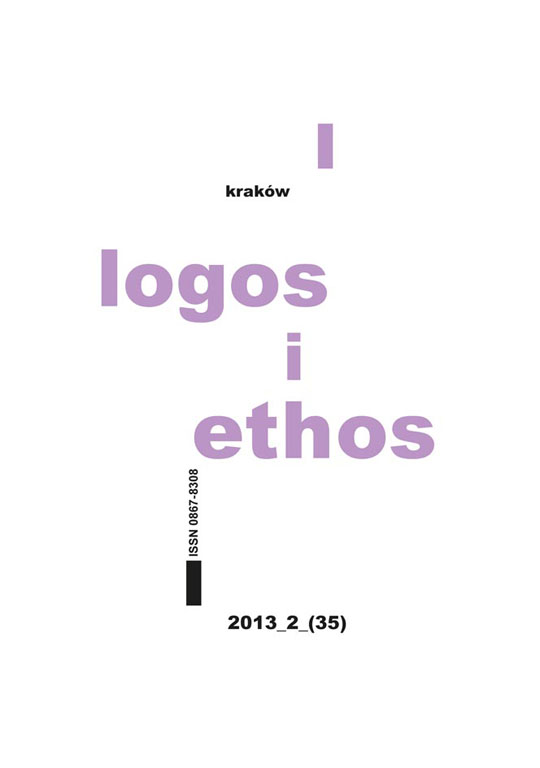Demythologizing Christian Philosophy: An Outline
DOI:
https://doi.org/10.15633/lie.156Słowa kluczowe:
Christian philosophy, cosmo-theology, Auschwitz, faith and reasonAbstrakt
In this paper I investigate the tradition of “philosophy” and “philosopher” with respect to their importance in Christianity. I argue that the meaning of the traditional notion of philosophy as an abstract science has importantly changed. The reason for this is that the “cosmo-theological” character of traditional philosophy proved to be untenable. If this pattern is not valid in our days, then the question arises if the role of philosophy, as conceived during the Christian centuries, can be continued in and beyond our age. My answer has two aspects: on the one hand, the cosmo-theological character of philosophy needs to be explored or “demythologized;” on the other hand, Christian thought still has the potential to open itself to a future renewal. Thinking philosophically is a fundamental human feature, and I suggest that “trying to become wise,” the striving for the discovery and realization of the meaningfulness of reality is still the main concern of human beings reflecting on their historical existence today. In this sense, the encyclical letter of Fides et ratio by John Paul II offers guidance, inasmuch as its author calls for “courage” in thinking. Following this call, the present paper contends that the three mains tasks of a Christian philosophy today are as follows: 1. A sufficient understanding of the tradition determined by cosmo-theology; 2. A sufficient understanding of the importance of the trauma of totalitarianism of the twentieth century as the dividing line between tradition and contemporary reflections; and 3. A sufficient understanding of human beings striving to grasp the meaning of personhood in an open universe on the basis of the meaningfulness of reality.
Pobrania
Opublikowane
Numer
Dział
Licencja
Prawa autorskie (c) 2014 Balázs M. Mezei

Utwór dostępny jest na licencji Creative Commons Uznanie autorstwa 4.0 Międzynarodowe.
Autorzy publikujący w czasopiśmie udzielają jego wydawcy zgody o następującej treści:
- Autor zachowuje autorskie prawa majątkowe do utworu, a jednocześnie udziela wydawcy czasopisma zgody na jego pierwszą publikację w wersji drukowanej i wersji online na licencji Creative Commons Uznanie autorstwa 4.0 Międzynarodowe oraz zgody na wykonywanie opracowań, w tym przekładów.
- Autor ma możliwość udzielania zgody niewyłącznej na opublikowanie utworu w wersji, która ukazała się w czasopiśmie (np. zamieszczenia go w repozytorium instytucjonalnym lub opublikowania w książce), wraz z informacją o jego pierwszej publikacji w czasopiśmie.
- Autor może umieścić swój utwór online (np. w repozytorium instytucjonalnym lub na swojej stronie internetowej) jeszcze przed zgłoszeniem utworu do czasopisma.

